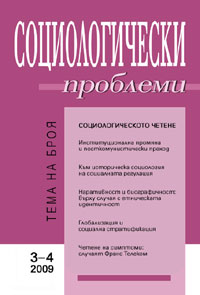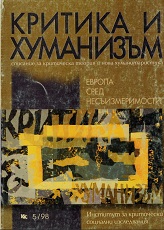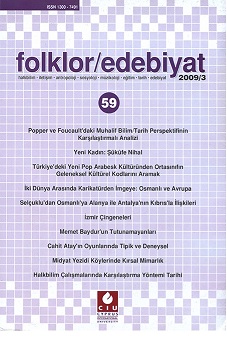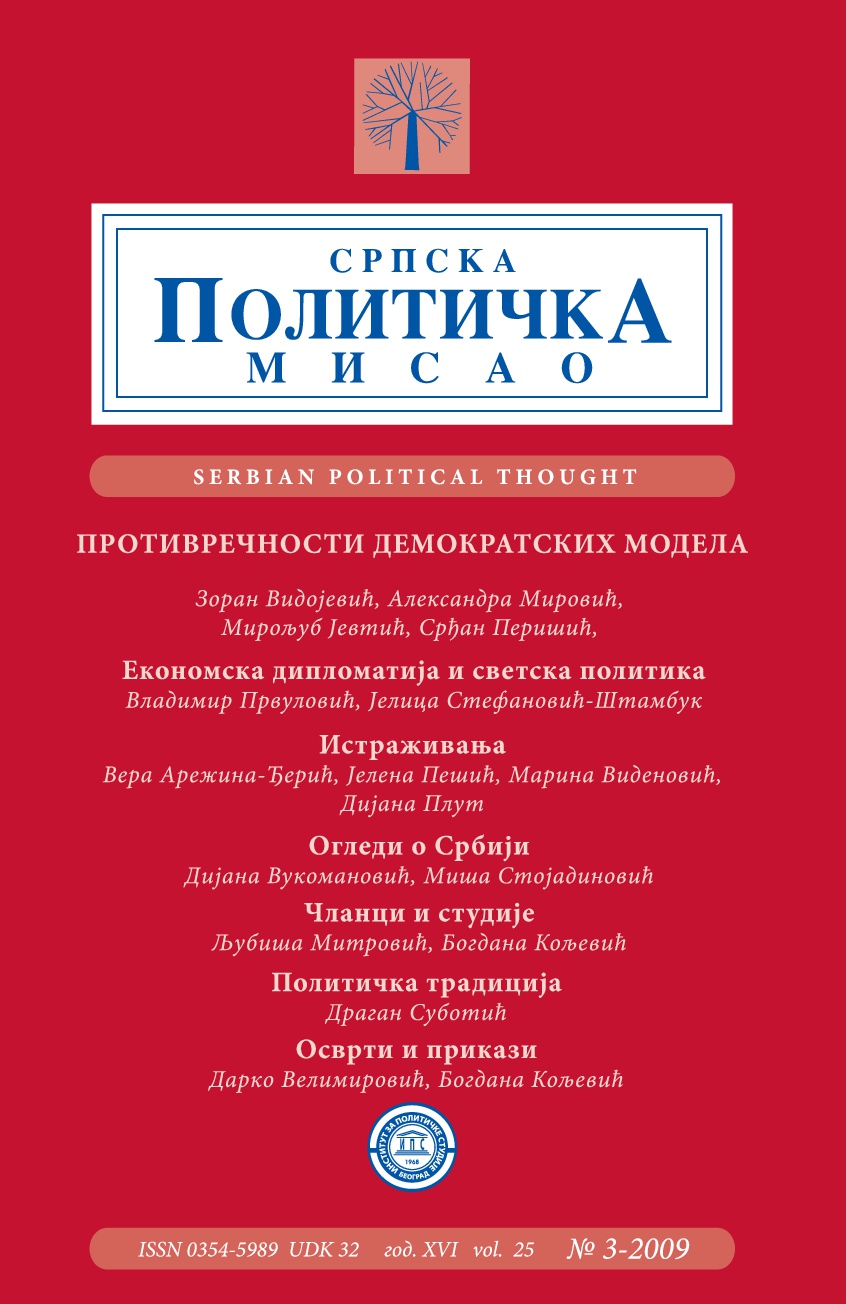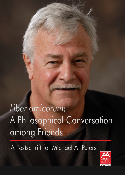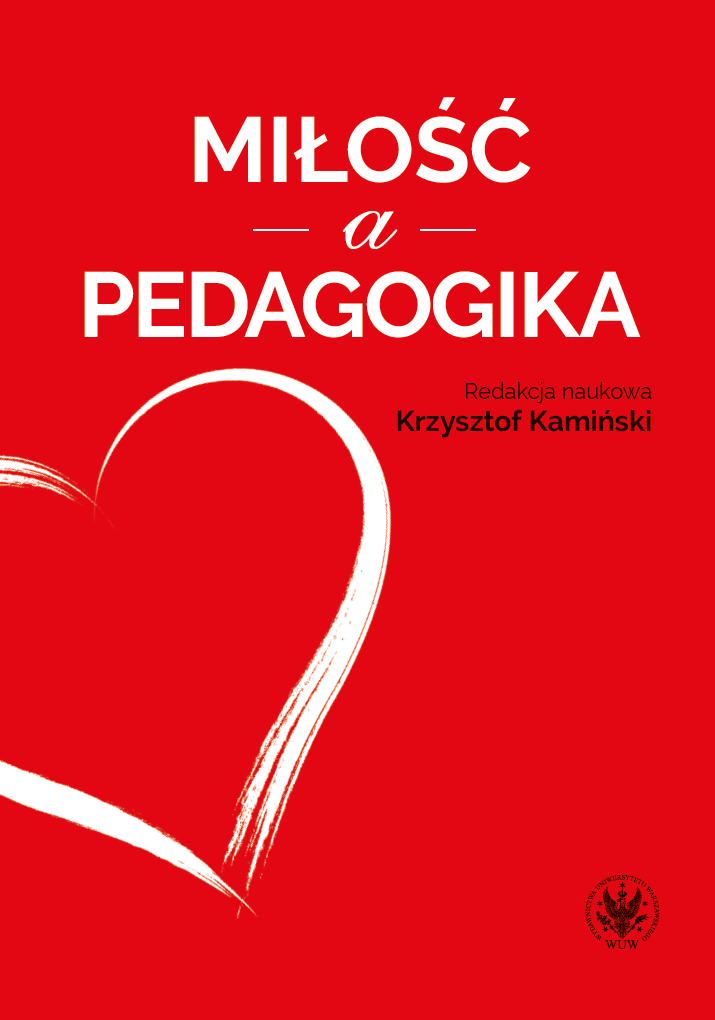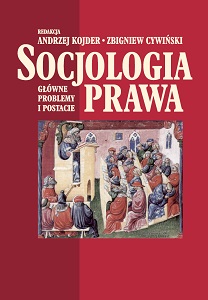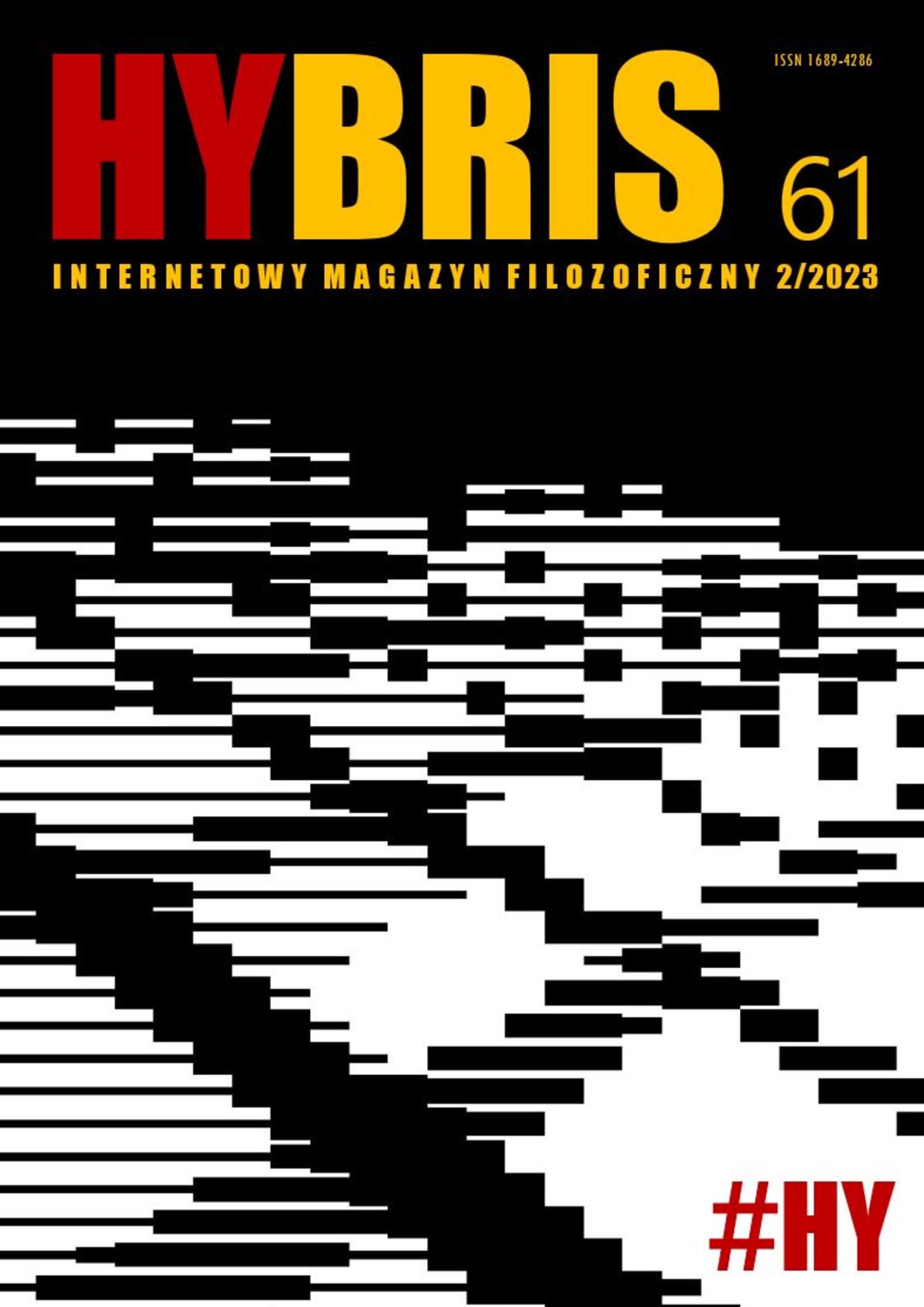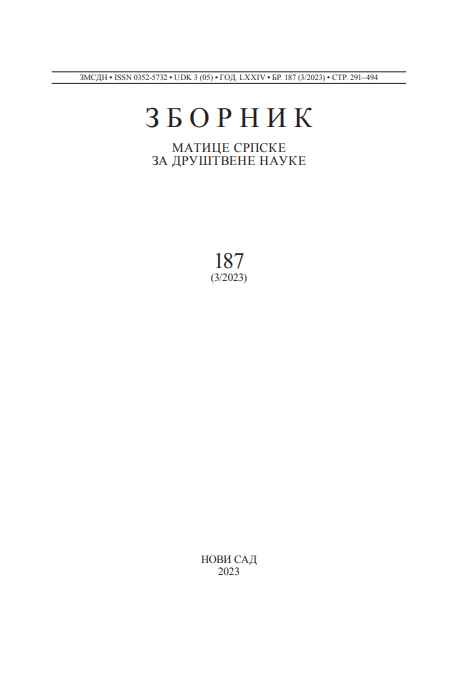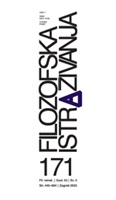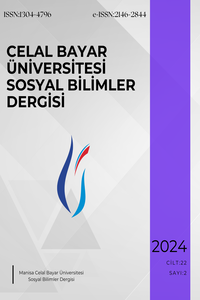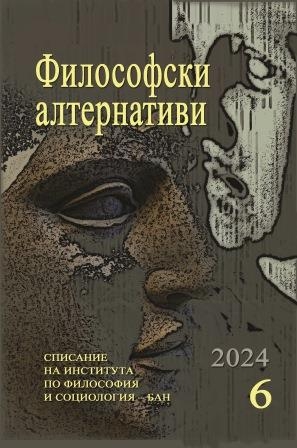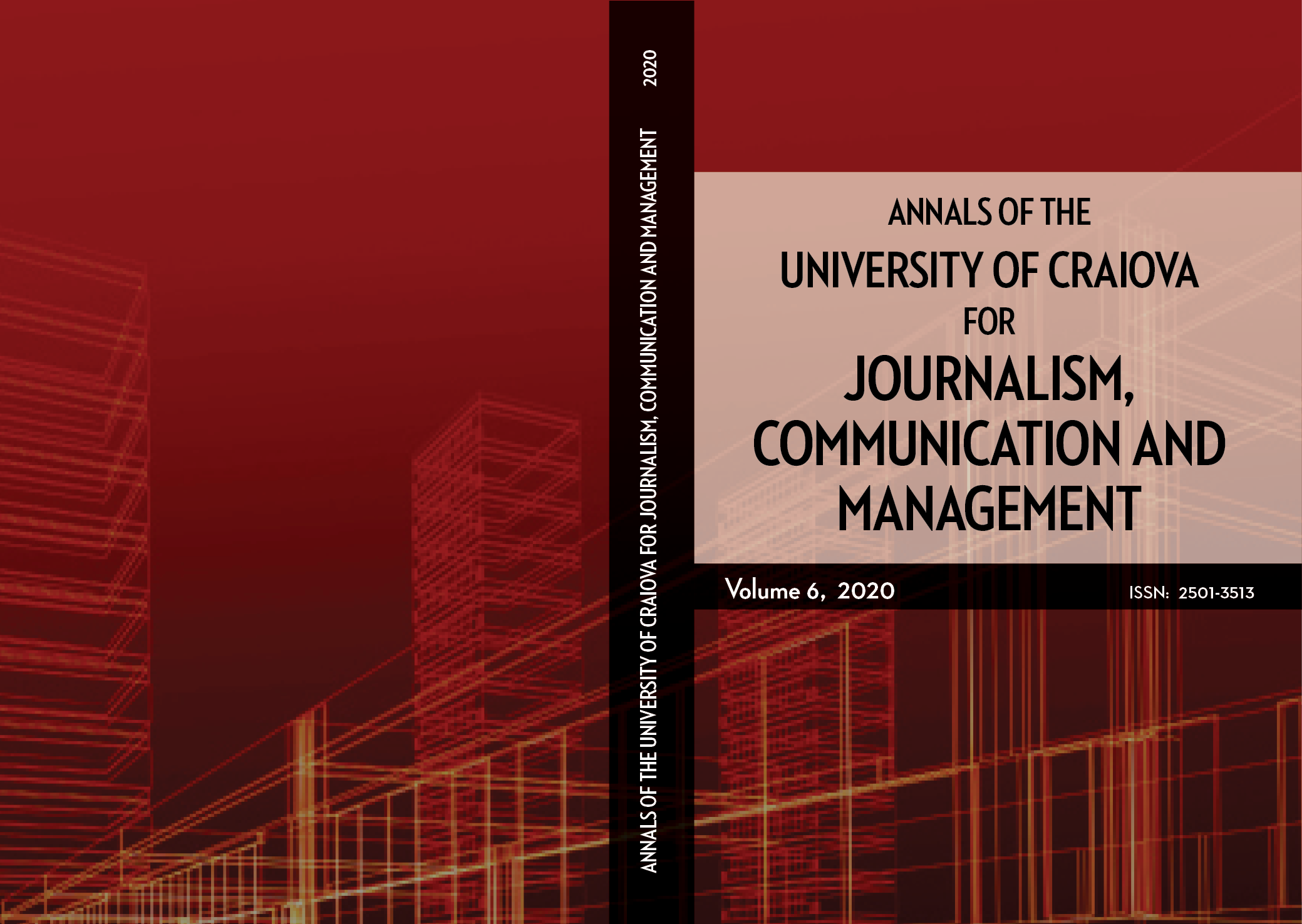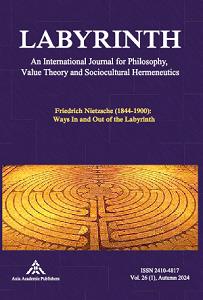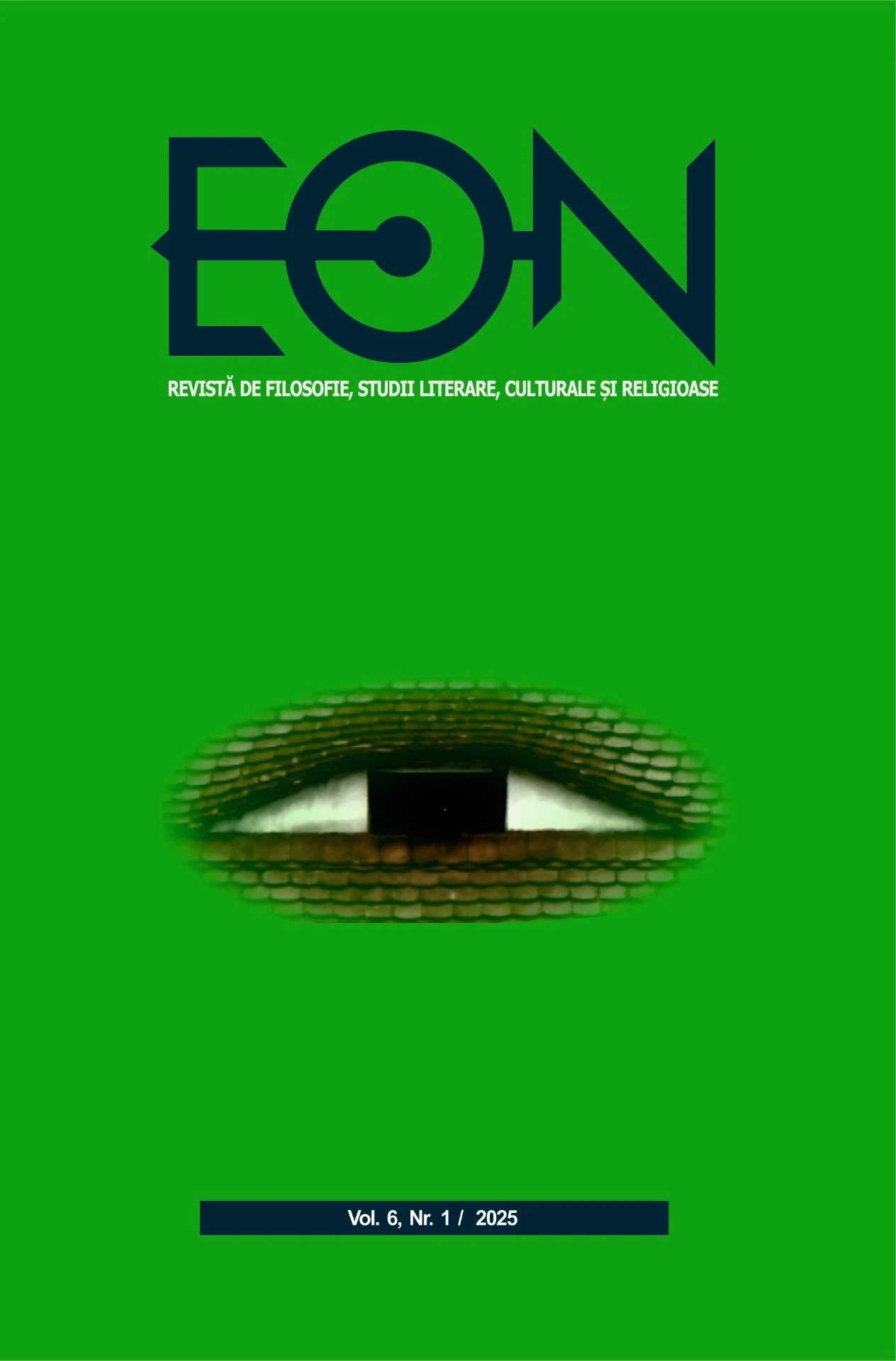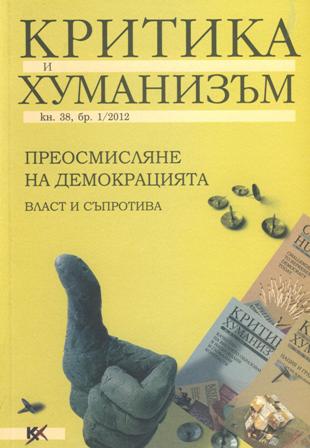
Subject and power. The problem of critical action in Bourdieu and Foucault
Субект и власт. Проблемът за критическото действие при Бурдийо и Фуко
Keywords: subject; power; resistance; action; objectifi cation
The paper traces one of the central questions of contemporary critical philosophy and social theory – the relation between power and subject. “Power” is thought as an element of social relations, as capacity of discourses to codify social fi elds and positions from outside but in the same time as immanent and transformative force that rearranges and changes the social positions, performing power tactics of resistance within the power formed fi eld. The same two-dimensional aspect is presented with respect to the „subject”: on the one hand, the subject is always already subjected, since the subject position is always codifi ed by external power relations. But, on the other hand, “the practices of the self” demonstrate transformative and in this sense affi rmative power that rearranges the already subjected power positions. The analysis is derived from the Pierre Bourdieu’s „refl exive sociology” and from multidimensional studies of Michel Foucault. Other important theories are also those of Judith Butler and Dimitar Vatsov.
More...
